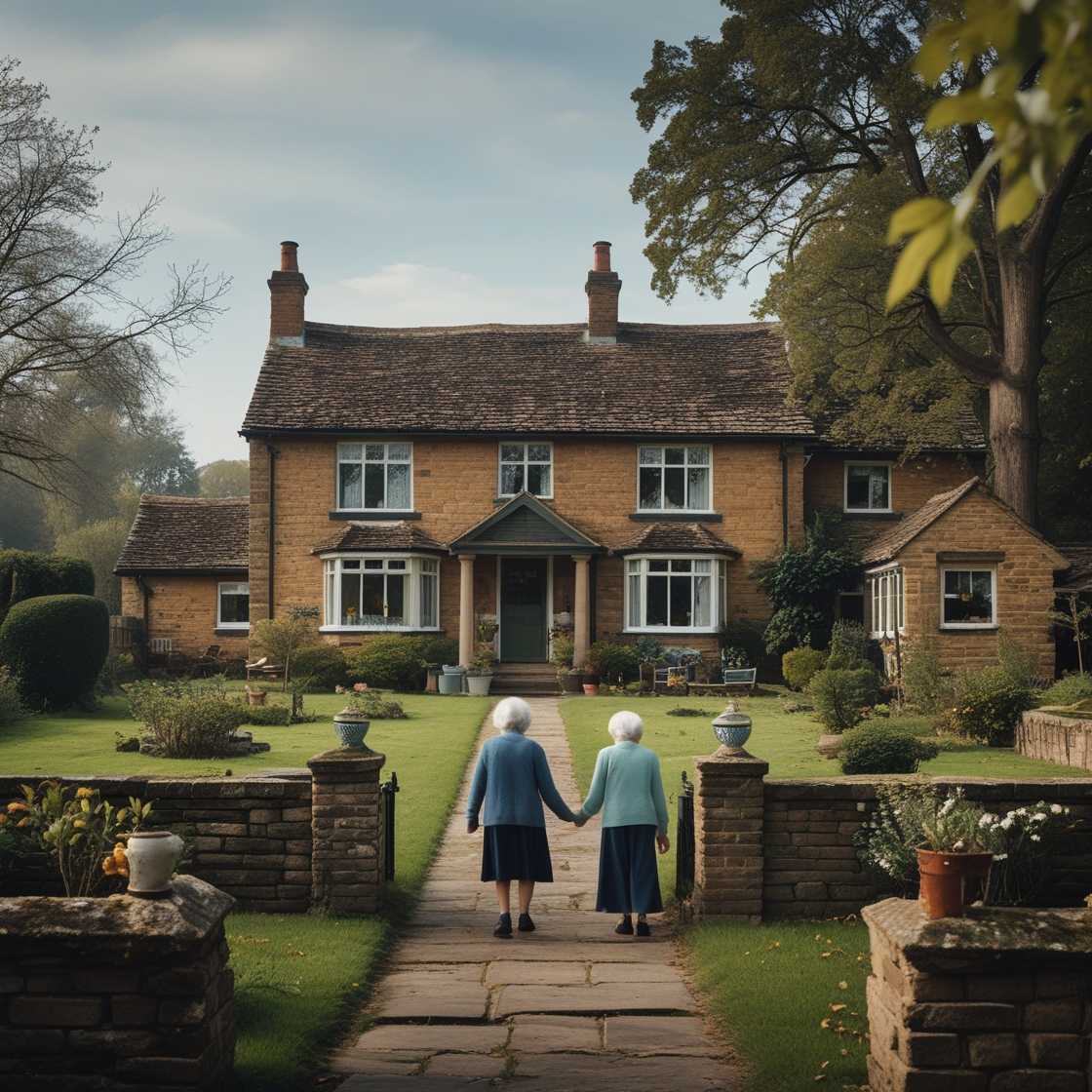I’m 78 years old. My husband and I live in an old, spacious house nestled in a quiet village near York. This is the home where our entire life unfolded—the place where we raised our five children: three sons and two daughters. I poured my heart into them. Gave them my health, my strength, my youth. Countless sleepless nights, every sacrifice, every prayer—I believed children were life’s greatest blessing, the comfort of old age, the joy that would carry us through our final years.
But life, it seems, had different plans.
My daughters—God bless them—have become the light in our twilight years. Their love is a quiet, steady flame that never goes out. They visit often, bring sweets and fruit, help around the house, take us to appointments, and never let a holiday pass without gathering us all around the table. Their care is thoughtful, unspoken, natural—as if they simply know what aging feels like, and do what they can to soften it.
But our sons… they’ve become distant figures, like shadows we once knew. As if we weren’t the ones who bathed them, soothed their cries, walked the floor with them through feverish nights. They’ve drifted far—physically, emotionally, completely. I understand they have busy lives—careers, children, commitments. But does that mean we vanish from their thoughts? Their calls are few and far between. Birthdays are forgotten, milestones ignored. Sometimes I wonder if they even remember they have parents.
Last week, after a heavy storm, rain poured in through a leak in the roof, threatening to ruin the room we spent years building together. My husband, hopeful, called each of our sons to ask for help. Not one came. One was “too busy.” Another didn’t pick up. The third promised—and never showed. We ended up hiring workers, paying nearly half our pension to fix it. Not a single son followed up to ask if we were all right.
I don’t blame their wives. They seem kind enough. Perhaps the problem isn’t outside them, but within. Maybe it’s easier to tuck us away in the corners of their minds, out of sight, out of thought. Meanwhile, our daughters, despite their own jobs, their own children and struggles, find time—to call, to visit, to hold our hands and listen.
And then came heartbreak. Our younger daughter had a terrible accident. She now lives in a wheelchair, her visits few and far between. I ache for her, every day. Our eldest moved to Australia for a better future. She offered to hire a carer for us—but I couldn’t bring myself to agree. Did we really raise five children, only to be cared for by strangers in our final days?
One of our daughters-in-law once suggested, so casually, “Why not sell the house and move into a care home?” As if we were old furniture, outdated and inconvenient. But we are not helpless. We still walk. We still think clearly. We still laugh. All we need is not money or gifts—but love. A visit. A phone call. A little warmth to remind us that we mattered. That we still do.
